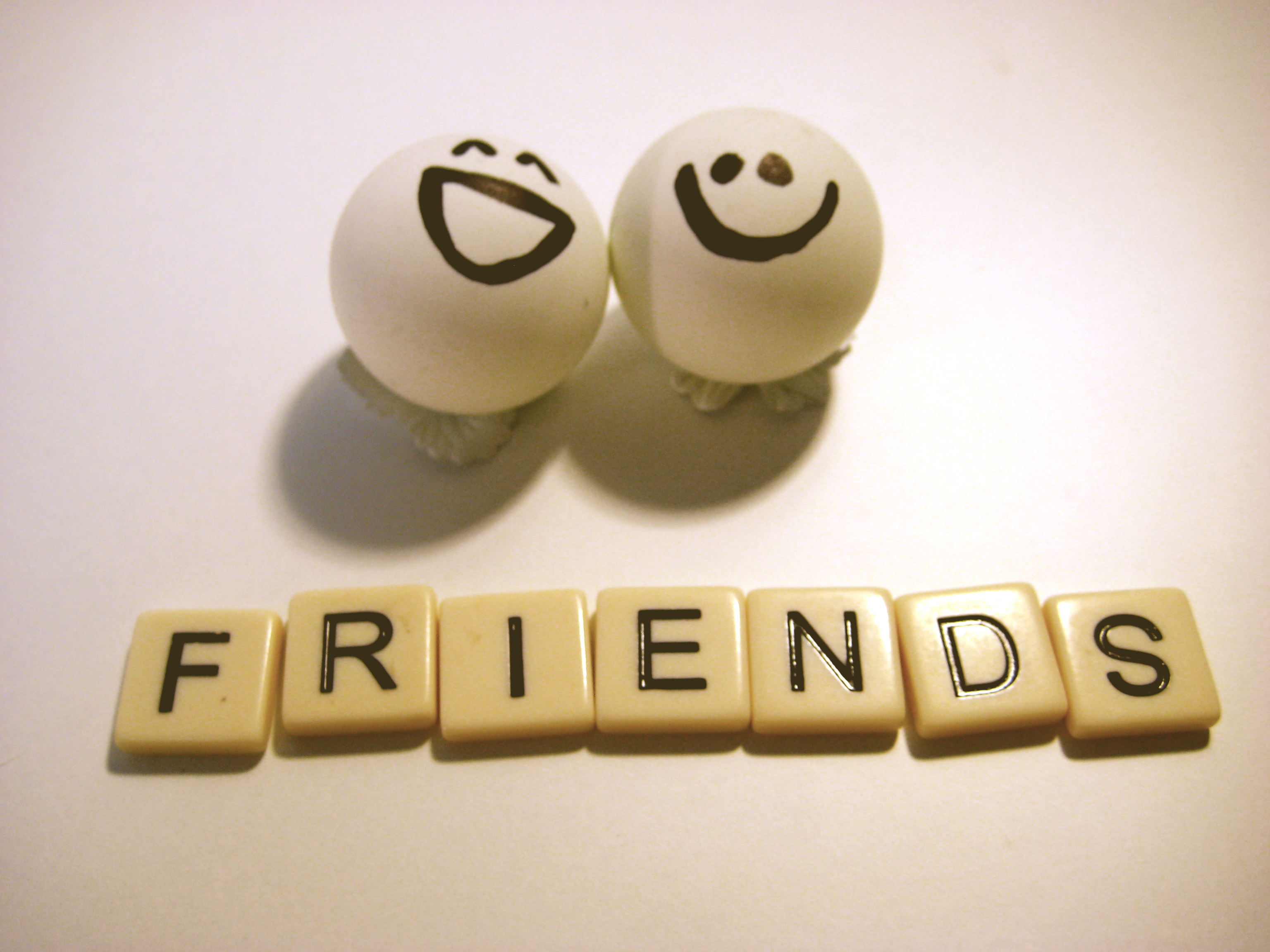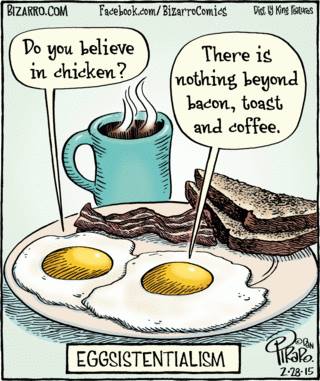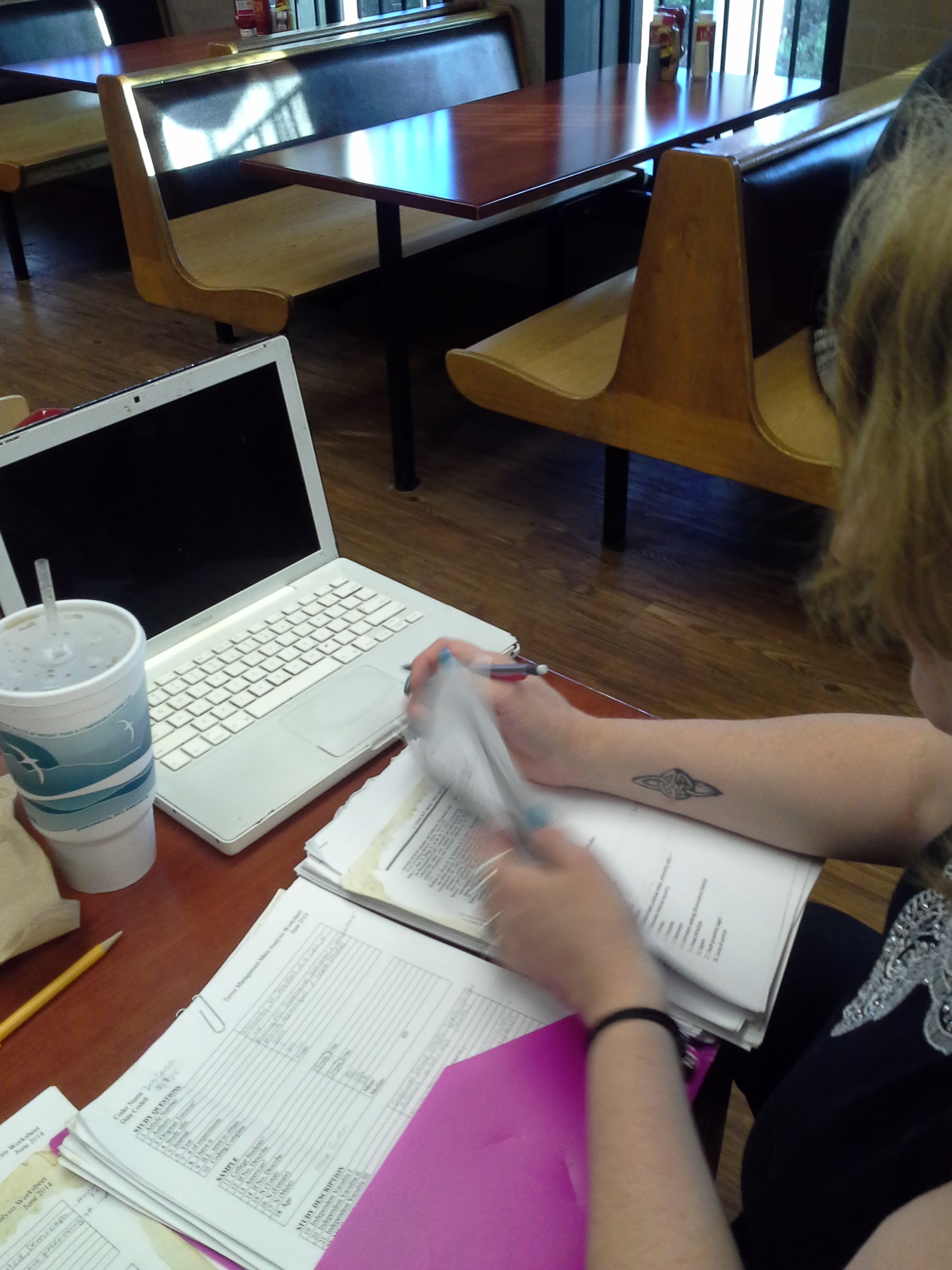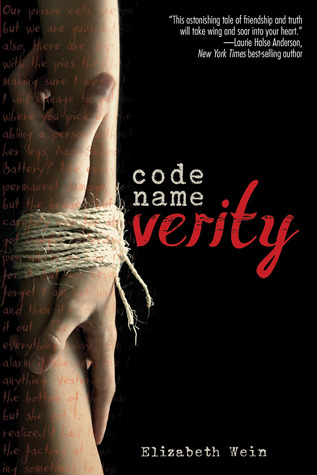When I was in graduate school I took several courses on “Close Relationships”. Invariably, the studies we read about were focused on romantic ties and marriage/family issues. Because I like to “poke” at things I consistently questioned why the field was so obsessed with romantic love. Aren’t friendships more ubiquitous? I mean, lots of people won’t hold up a hand when asked if they are in a romantic partnership but just about everybody can claim a friend! Turns out there was not a lot of research about friendships in the social psychology literature (there was more in the Developmental journals). I wondered if relationship processes were different in friendships than they were in romantic relationships and one of my first projects along these lines was a large survey (created with Michael P. Johnson) asking people to answer relationship questions for three people: their closest same-sex friend, closest opposite-sex friend, and their romantic partner. At the time my fascination was with the Principle of Least Interest* (Willard Waller, 1938) and whether or not there were relational asymmetries across all three relationship types. I won’t reveal the findings here as the paper is under review but suffice it to say it was worth asking the question!

I am currently working with a developmental psychologist (Caitlin Faas Bond) on a project involving friendship breakups. We each had our students write essays on an ex-friendship. Their stories were so heart-wrenching we knew we had to study this in more depth to understand the dynamics involved. Whenever I refer to this topic in a class or at a talk LOTS of people want to share with me their experiences with former friends.
*The Principle of Least Interest describes the phenomenon wherein the partner less interested in a relationship has greater power. We all know that story.





